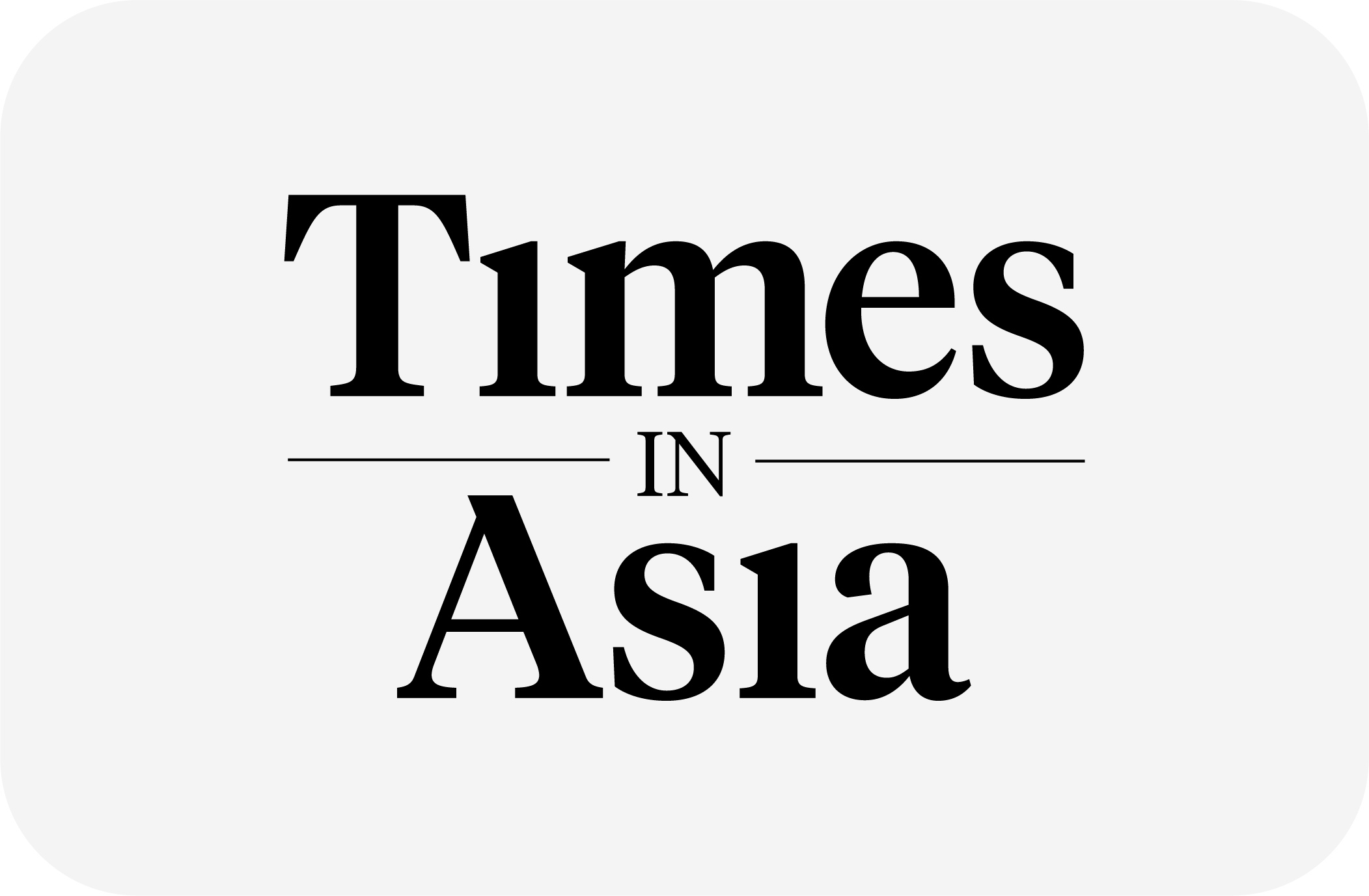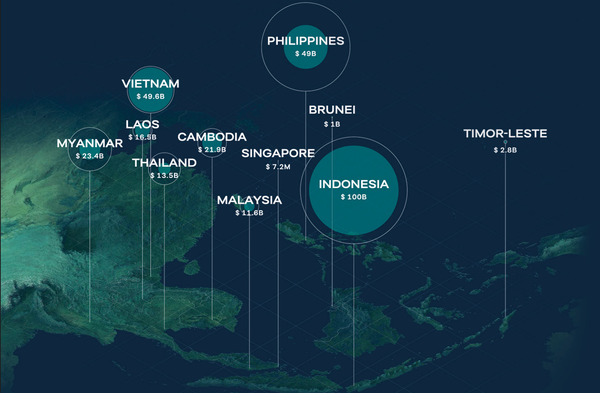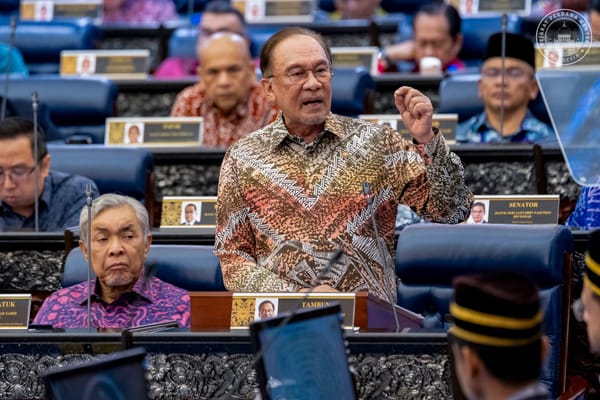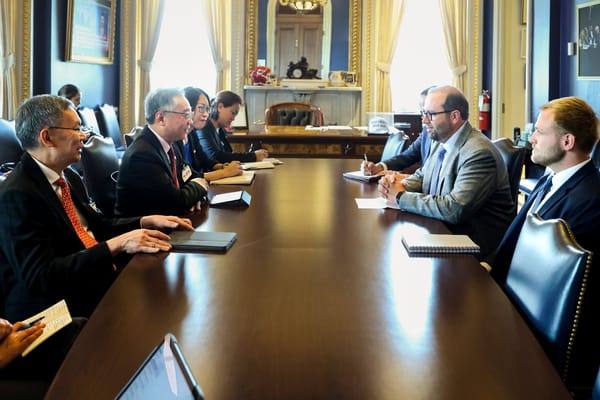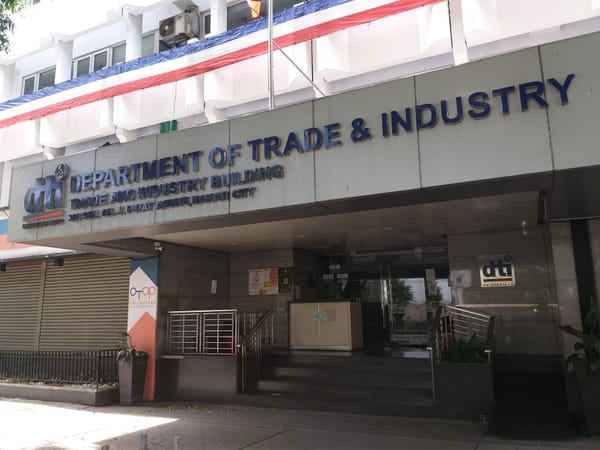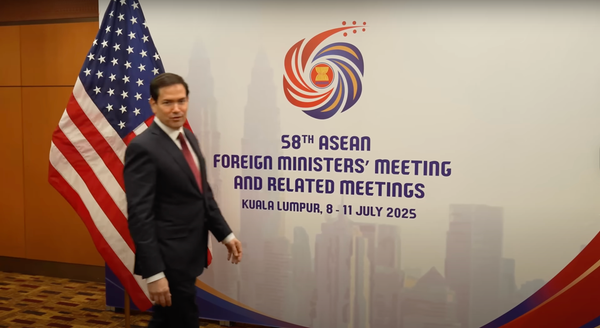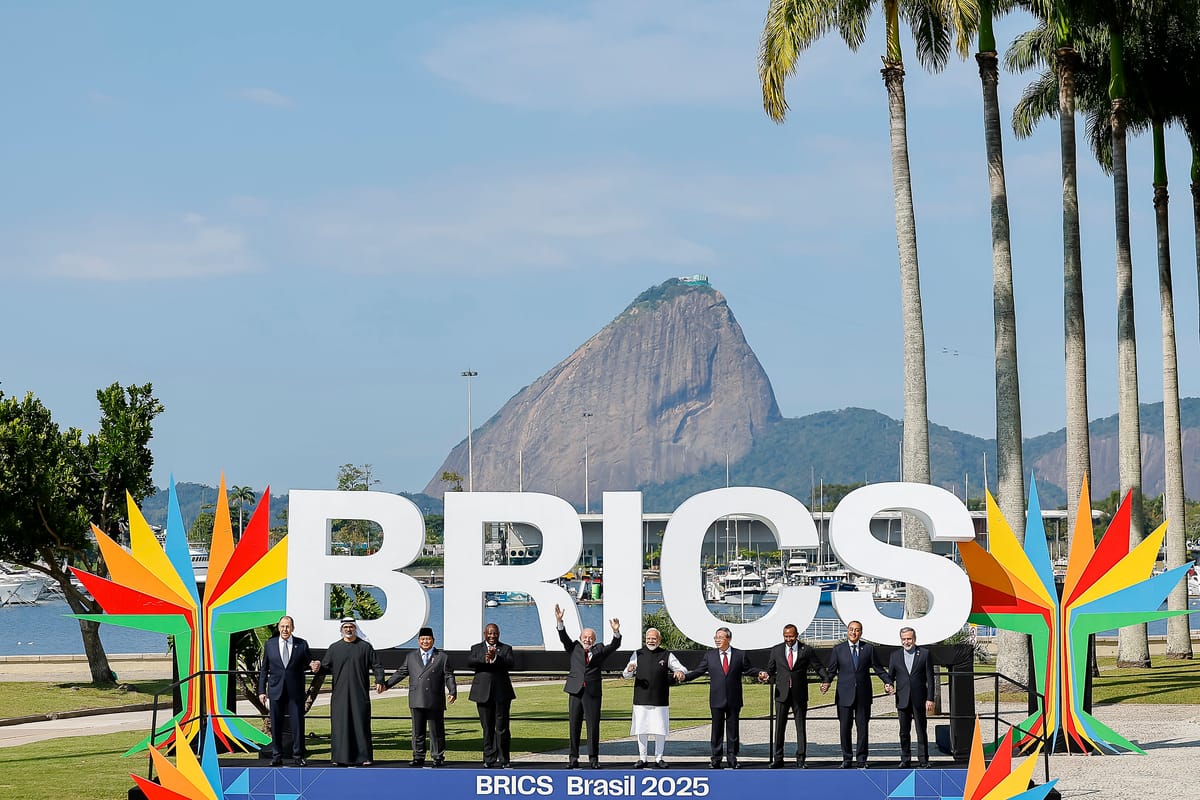
BRICS future up for debate after Xi, Putin no-shows
The BRICS Summit welcomed new member Indonesia and new partner countries Thailand, Malaysia and Vietnam in Rio de Janeiro, Brazil, from 6 to 7 July, under the theme “An Inclusive and Sustainable Global South”.
Now 10 countries strong, the bloc made 126 pledges covering global governance, climate, health and the rollout of a new BRICS Pay system.
Named after founding members Brazil, Russia, India and China, and early joiner South Africa, BRICS is expanding its reach in Southeast Asia (SEA), seeking to rival the Western G7 bloc. In January, the group admitted Egypt, Ethiopia, Iran, Saudi Arabia, the United Arab Emirates and Indonesia.
The summit, hosted by Brazilian President Luiz Inacio Lula da Silva, was the first in-person meeting of the expanded 10-member bloc. However, the absence of Chinese President Xi Jinping and Russian President Vladimir Putin raised questions about leadership cohesion. Chinese Premier Li Qiang attended in Xi’s place, citing scheduling conflicts, while Putin, subject to an International Criminal Court arrest warrant, participated virtually.
Pundits debate BRICS’ direction
The meaning and future of BRICS remain under scrutiny, and in the wake of its latest summit two commentaries illustrated diverging views on the future influence of BRICS.
French economist Thomas Piketty urged Western powers to take BRICS seriously, given its rising economic weight. He noted the bloc has surpassed the G7 in purchasing power parity, accounting for more than 32% of global GDP.
Calling BRICS a vital counterweight to Western hegemony, Piketty advocated for coordinated wealth taxes, conflict mediation and reform of global institutions. “The West cannot continue to lecture the rest of the world while refusing to reform its own global institutions,” Piketty wrote on the Institute of Art and Ideas website IAI.tv.
Piketty argues the West needs to engage with the BRICS to rein in multinational corporations and have any chance of controlling the global economy. “China’s political model increasingly resembles a perfect digital dictatorship, and no one wants it any more than Russia’s military kleptocracy."
Conversely, commentator Patrick Wintour, writing in UK daily The Guardian, argues that BRICS is losing relevance. He points to Xi and Putin’s absences, describing them as symptoms of weakened unity. Wintour also notes that rapid expansion has diluted the bloc’s strategic cohesion, especially amid tensions between China and India.
Similar observations surfaced earlier in the year when BRICS foreign ministers failed to issue a joint declaration at their pre-summit meeting from 28 to 29 April, reportedly due to disagreements on responding to US protectionism.
SEA weighs engagement, not alignment
From a Southeast Asia (SEA) perspective, both arguments hold weight. Piketty’s emphasis on structural economic power aligns with regional interest in multipolarity and South-South cooperation. Wintour’s caution resonates with ASEAN’s longstanding preference for institutional resilience over ideological alignment.
No ASEAN country has applied to join BRICS beyond Indonesia, although several, including Thailand and Vietnam, maintain observer status with the BRICS New Development Bank and participate in parallel forums. Engagement currently remains cautious and transactional.
Indonesia joins, but stays pragmatic
ASEAN’s largest economy, Indonesia, formally joined BRICS in January 2025 after years of exploratory engagement. Then-president Joko Widodo said in 2023 that Indonesia was “studying the merits” of joining the bloc, citing Jakarta’s G20 experience and its non-aligned foreign policy.
Indonesian ministries have engaged in technical discussions with BRICS members on infrastructure finance and currency cooperation. However, analysts note that enthusiasm has been tempered by domestic political change and doubts over BRICS’ institutional capability.
Since Indonesia’s 2024 elections brought a new administration, foreign policy has emphasised continuity through ASEAN and G20 forums. The Indonesian Finance Ministry said in March that while the New Development Bank remained “a potential tool” for infrastructure financing, “pragmatism and institutional integrity” would guide future participation.
Indonesia, meanwhile, continues to align policy with the Asian Infrastructure Investment Bank and regional digital economy frameworks.
Thailand maintains strategic ambiguity
The Thai government has taken an even more reserved stance. In June 2023, then-deputy prime minister Don Pramudwinai said Thailand was “open to exploring” BRICS cooperation but stressed the need for clearer governance frameworks.
Thai Foreign Ministry officials have reiterated Bangkok’s preference for flexible, rules-based economic integration, particularly through the Regional Comprehensive Economic Partnership.
Thailand’s trade remains anchored in existing partnerships. China and the US accounted for over 35% of total Thai exports in 2024, while Brazil and Russia together accounted for less than 2%, official data shows. In short, Thai policymakers continue to prioritise ASEAN centrality in shaping Asia’s evolving trade architecture.
China’s limited engagement casts shadow
China’s limited presence at the Rio summit, despite its role in shaping BRICS as a Global South platform, raised concerns about the bloc’s internal coherence. Chinese ministries appear increasingly focused on the Belt and Road Initiative and bilateral financing, rather than multilateral leadership through BRICS.
For Bangkok and Jakarta, this signals uncertainty. If BRICS cannot ensure consistent leadership participation, its credibility as a long-term strategic partner for SEA is limited.
SEA likely to engage on its own terms
The diverging perspectives of Piketty and Wintour reflect broader uncertainty over BRICS’ trajectory. Is it a viable platform for global reform or a loose alliance driven by grievance?
For ASEAN, both interpretations hold truth. BRICS’ economic footprint and global ambition merit attention, but engagement will likely be selective, guided by finance, infrastructure and trade - not ideology.
Thailand and Indonesia show that engagement is possible, but until BRICS resolves its internal divisions and defines a coherent institutional vision, SEA will keep its distance, even as it watches with interest.
Pundits split on historical necessity of BRICS
In conclusion, Wintour quotes Chatham House centre for global governance director Samir Puri: “It seems that the ending of one international order does not necessarily beget the sudden arrival of another. The vacuums created by the US’s sudden retreat from multilateralism and global governance will not be automatically filled by others,” Puri said.
"Nevertheless, Xi’s decision to stay away is puzzling, given the US’s retreat from its global leadership role has provided a golden opportunity for China to pick up the mantle," Wintour writes.
Piketty, for his part, is more optimistic on the future of the bloc, writing that: "the BRICS present themselves to the world as the planet’s middle class - those who have succeeded, through hard work, in improving their condition, and who have no intention of stopping there".
